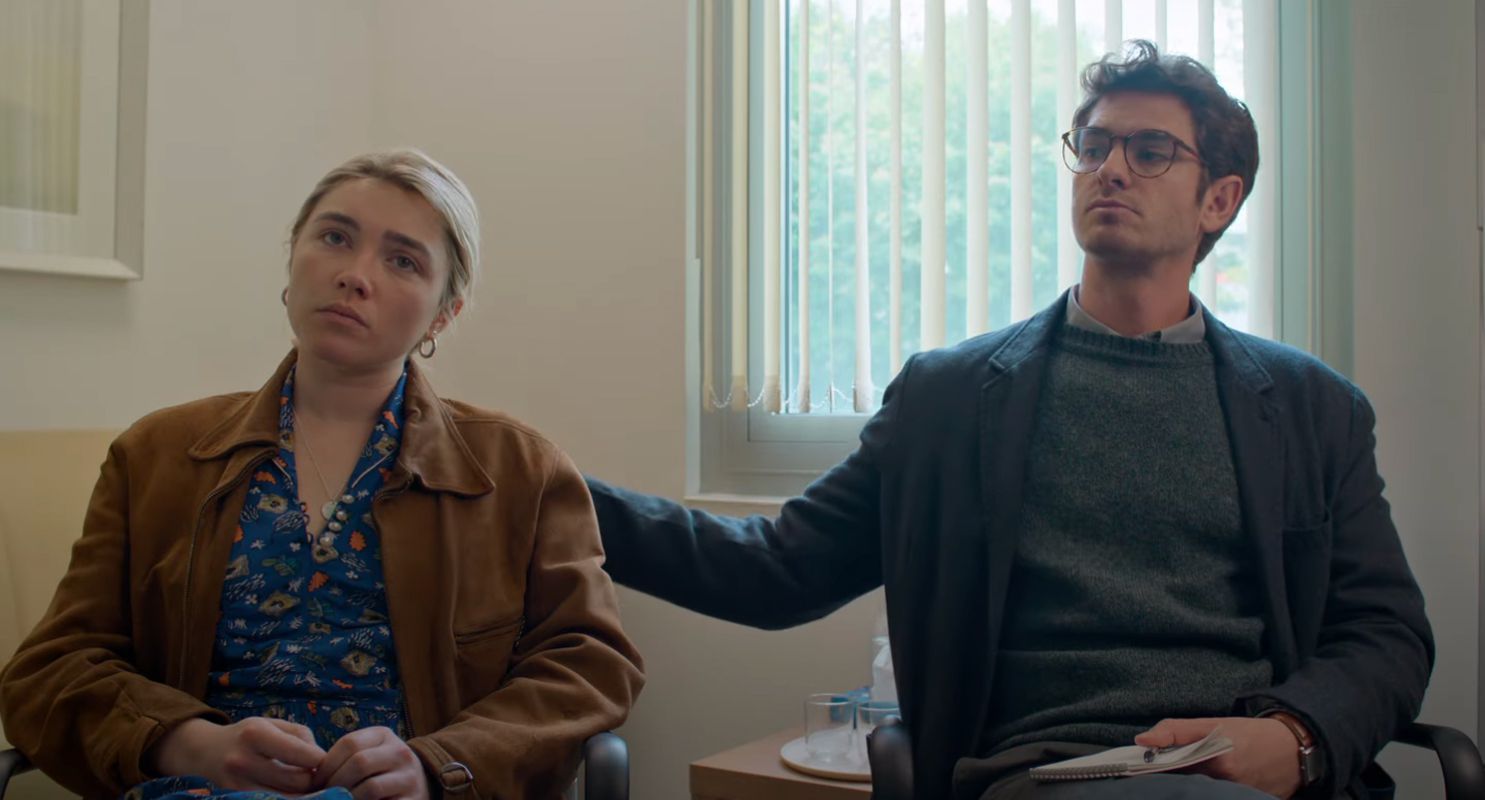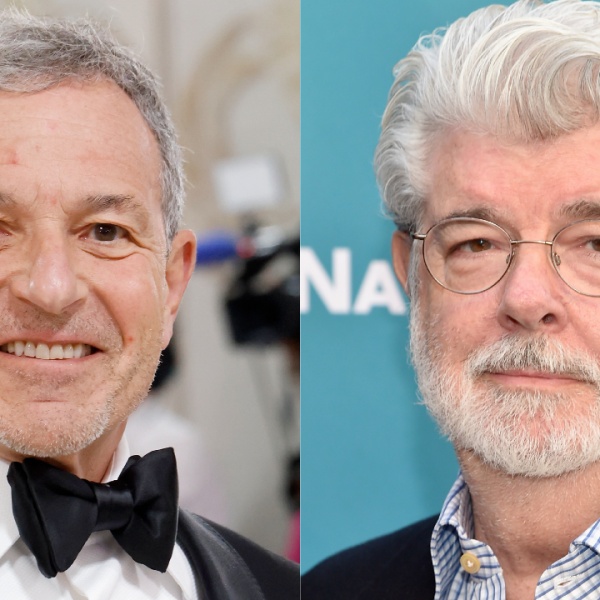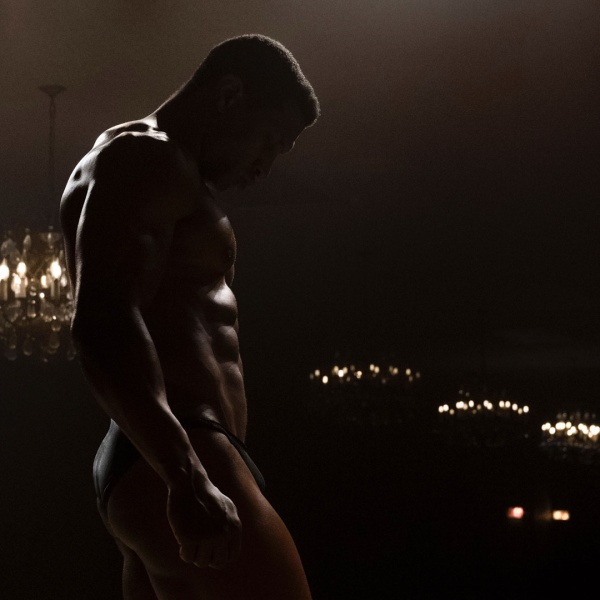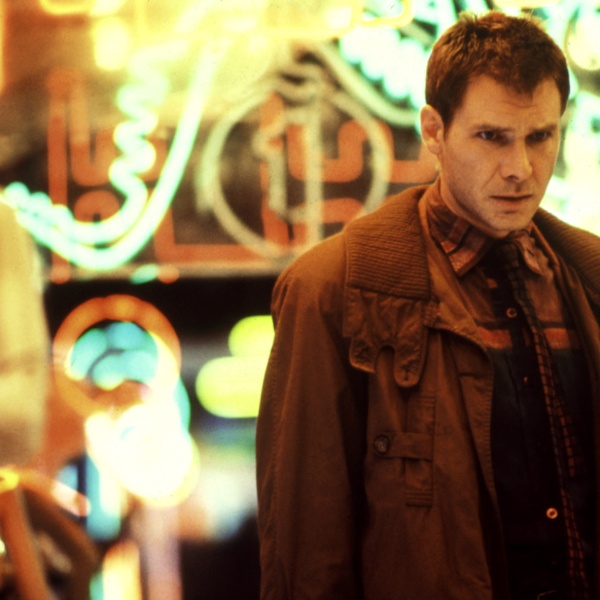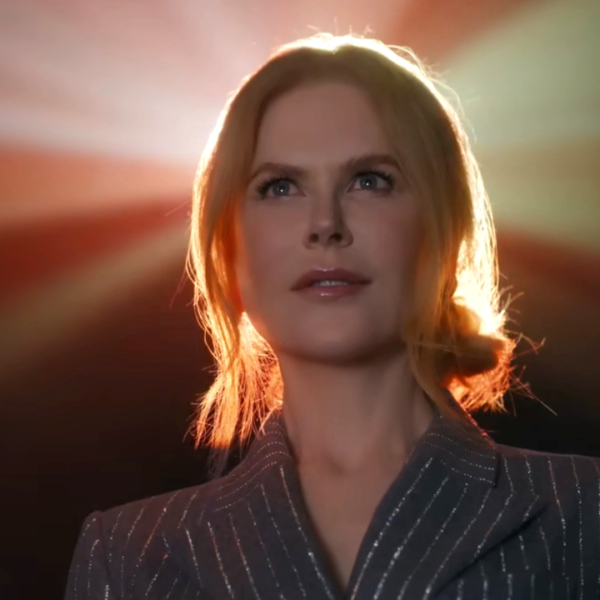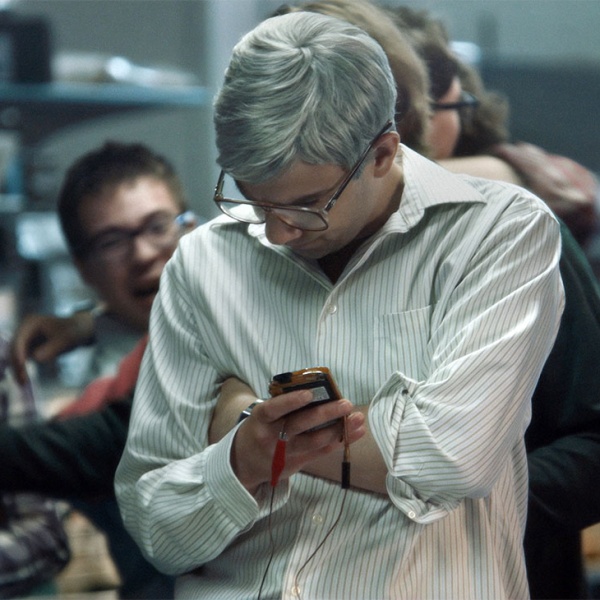This may not be a truth universally acknowledged, but I tend to find that one of the great pleasures in life is getting absolutely bodied by an unremarkable British weepy; in the right hands, a pair of overqualified actors, some very handsome cinematography, and just the right amount of stiff-upper-lip devastation in the face of life’s calamities might be all it takes for a movie to tap into your tear ducts like it’s drilling for oil. In that sense, “We Live in Time” is effectively “Brooklyn” director John Crowley’s “There Will Be Blood.” Which isn’t to say that his latest film dries you out with Daniel Plainview-like relish (this is the kind of love story whose power stems from the stifled catharsis of its sick restraint), only that it seizes on what its slightly pornographic sub-genre has done best since the days of “Brief Encounter”: Using perfect-looking people to help crystallize how beautiful life can be for the love that it doesn’t allow us to keep.
And — like everything from “One Day” and “Atonement” to Harold Pinter’s “Betrayal” before it — this heaving sob of a movie futzes with time in order to shrink the distance between happiness and heartache. The conceit of Nick Payne’s original screenplay isn’t particularly novel (and the film only relies on it where convenient), but scrambling its love story out of order allows “We Live in Time” to make the most of its gentle touch, if only because its hands are wrapped around our necks from the moment starts.
We’re first introduced to Almut (Florence Pugh) and Tobias (Andrew Garfield) at the height of their cozy idyll. She’s a Michelin-starred chef who’s up at dawn to crack some eggs and jog around the Cotswolds, and he’s a mid-level Weetabix employee whose career proves irrelevant to a movie that mostly just needs him to look cute while he cries.
Alas, we’re only passing through this perfect moment, as the span of a cut is all it takes to whisk us backwards and forwards through time. One minute, a very pregnant Almut is sitting on the toilet of their London flat and breathing through her contractions. The next, she and Tobias are sitting across from an oncologist who tells them that Alma’s stage 3 ovarian cancer has returned with a vengeance. One shot might watch as the couple plays with their daughter, while the next will take place several years before she was born. A relatively stable “present” emerges towards the movie’s second half, but this is very much a relationship as it’s remembered — not as it’s lived.
And truth be told, Payne’s script is only half-committed to that idea. While the film’s opening minutes suggest that we’ll be hopscotching through the years with reckless abandon, it isn’t long before “We Live in Time” settles into the broadly chronological flow of a typical love story, at which point it only skips around in order to rhyme some moments of similar feeling or — just as often — to create a sudden whiplash between the peaks and valleys of a relationship in which the joy of one choice might seed the misery of another.
The length of Pugh’s bangs immediately reorienting us in time at the start of each scene, the movie walks us through the couple’s meet-cute and initial courtship with all the manufactured whimsy of a Richard Curtis rom-com. She’s an ambitiously competitive go-getter speeding along the road to greatness, and he’s a lovably fumbling schmuck who gets struck by her car as he crosses that road in a hotel bathrobe.
They click right away, with Pugh and Garfield sparking an adorable chemistry that’s ready to catch fire whenever Crowley throws a song by The xx onto the soundtrack; “We Live in Time” is only a little steamier than the rest of its genre might lead you to expect, but sex plays a noticeably larger role here than it does in other movies like it, particularly as Payne’s script uses it to anchor some of the essential conversations in which its characters acknowledge the future that’s bearing down upon them.
In one scene, they both eagerly agree to bang before Al’s next round of chemotherapy will take that option off the table. In another, a date night comes to a sudden end when Tobias says that he can’t let himself fall in love with someone who doesn’t want children. It’s a crucial moment in a film whose ultimate conflict stems from the dilemma between living for today or living for tomorrow; and whose titanic emotional undertow is achieved by untangling the false dichotomy of that choice.
Not to point too fine a point on things, but “We Live in Time” is at its most poignant and powerful whenever it forces its characters to take stock of their place in the fourth dimension. Hollowing the husky sing-song of her voice into an instrument of pure feeling, Pugh is rivetingly headstrong and self-possessed as a sick woman who feels an undue pressure to live in the moment, even when that means competing in an ultra-intense culinary competition at the height of her chemo treatments. Garfield doesn’t get nearly as much to do as a puppy-eyed pragmatist, but he’s a brilliant actor who understands how to play the foil Pugh needs, and he’s able to sell Tobias’ initial perspective — that Al should forfeit her present in the hopes of buying her a longer future — from a real place of love.
Eventually, “We Live in Time” is able to transcend the schematics of its structure by leading its characters to a place of unspoken compromise. There’s an eye-rolling tropiness to how Payne brings things to a head (although I suppose that scheduling two momentous events on the same day is another way of acknowledging how time makes goons of us all), but it’s enormously moving to watch Al start to cast her mind forward and think of the memories she wants to leave for their daughter (a feeling that any parent knows all too well, cancer or not), just as its heartbreakingly bittersweet to watch Tobias embrace today at the expense of tomorrow.
The truth is that we live in time whether we like it or not. And where a lesser tear-jerker might’ve browbeaten Al and Tobias into embracing the beauty of what’s right in front of them, Crowley’s film — simple and manipulative and set to a Bryce Dessner score that works you over so hard I could almost feel it bruising my heart — recognizes how the mixed blessing of having to look forward is inextricable from the supreme gift of being able to look back.
Grade: B+
“We Live in Time” premiered at the 2024 Toronto International Film Festival. A24 will release it in theaters on Friday, October 11.
Want to stay up to date on IndieWire’s film reviews and critical thoughts? Subscribe here to our newly launched newsletter, In Review by David Ehrlich, in which our Chief Film Critic and Head Reviews Editor rounds up the best reviews, streaming picks, and offers some new musings, all only available to subscribers.
